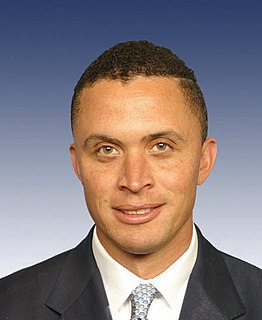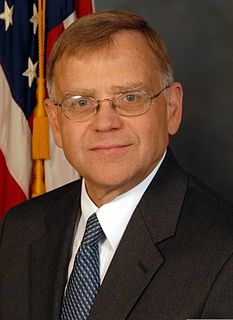A Quote by Gary Hamel
I'm a capitalist by conviction and profession. I believe the best economic system is one that rewards entrepreneurship and risk-taking, maximizes customer choice, uses markets to allocate scarce resources and minimizes the regulatory burden on business.
Related Quotes
The goal of socialism is a fairer allocation of economic resources, which its advocates often claim will also be a less wasteful one. Socialism is about who gets the goods and how. Socialism objects to markets because markets allocate resources in ways socialists believe to be unfair on both counts: both the who and the how.
One of the most important features of our economic resources is their scarcity: land, labor, and capital goods factors are all scarce, and may all be put to various possible uses. The free market uses them 'productively' because the producers are guided, on the market, to produce what the consumers most need: automobiles, for example, rather than buggies.
For nearly two centuries, scholars and politicians have debated the future of capitalism. Its critics, most prominent among them Karl Marx, have seen capitalism as intrinsically unstable, full of contradictions that will lead eventually to its collapse. Its supporters see it as the best way to allocate resources and rewards. Some even hint that the democratic capitalistic society is not just a phase in the historical evolution of economic systems but its ultimate end.
Our supplies of natural resources are not finite in any economic sense. Nor does past experience give reason to expect natural resources to become more scarce. Rather, if history is any guide, natural resources will progressively become less costly, hence less scarce, and will constitute a smaller proportion of our expenses in future years.
Stated in the simplest terms, the recognized solution to the problem of foodborne illness is a comprehensive prevention strategy that involves all participants in the food system, domestic and foreign, doing their part to minimize the likelihood of harmful contamination. And that is the strategy mandated by FSMA. It is not a strategy that assumes we can achieve a zero-risk food supply, but it is a strategy grounded in the conviction that we can better protect consumers and the economic vigor of the food system if everyone involved implements reasonably available measures to reduce risk.
The best way to do business with a liar is confront them with the truth. Tell them that you do business as a partner. If your lying customer still can't see the light, tell him that you may not be the best choice for business, and that you think you have someone that can serve him better. Then, refer him to the competitor that you hate the most.
What we're going to do is redouble our efforts on financial regulatory reform, because that has in it sensible things like say on pay, so at least the shareholders are minding the store, sensible things like saying, for heaven's sakes, compensation should be focused on - on long term, so that you don't have rewards for short-term risk-taking.
If the bringing of children into the world is today an economic burden, it is because the social system is inadequate; and not because God’s law is wrong. Therefore the State should remove the causes of that burden. The human must not be limited and controlled to fit the economic, but the economic must be expanded to fit the human.


































